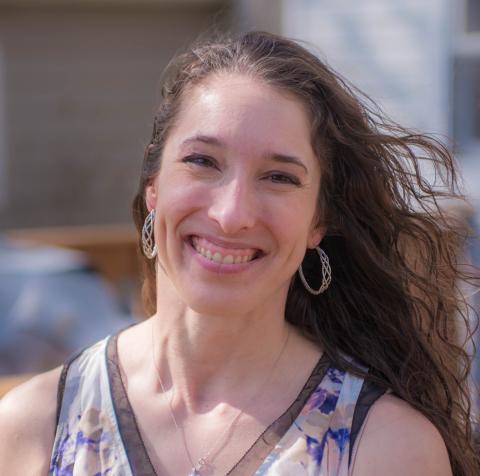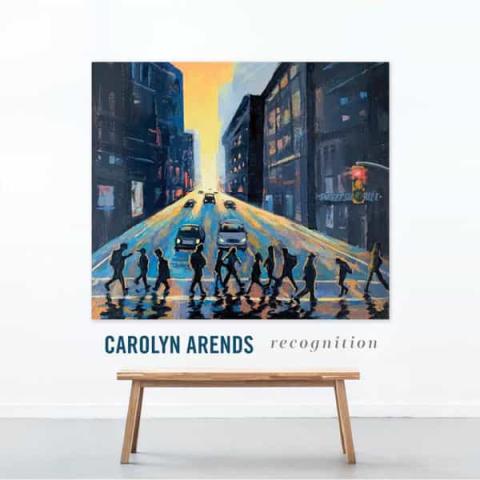Listen Now
In Fargo, directed and produced by the Coen brothers, Marge Gunderson is a beacon of light in darkness. Rather than become frenzied in the surrounding chaos, she remains steady when those whom she investigates make one bad choice after another in their attempt to attain what they want but don’t have.
In this episode, Dr. Chris Hall, Renovaré's President Emeritus and former Director of Academic Spiritual Formation and Distinguished Professor of Theology at Eastern University, and host Kristy Lahoda discuss how Marge lives a slow life of simplicity, exuding stability. As a result, she has heightened awareness of the environment and people around her. We, too, can live life this way in order to become like Jesus, who lived a simple life in the slow lane. When we practice simplicity and slowing, we are available and better able to discern what God brings before us each day.
Please note that we have begun using referral links as a way to help support this site. We would appreciate if you would consider using the links to books/media mentioned on the site as a way to help us out. This does not add any cost to you!
Guest
Chris is the president emeritus of Renovaré where he served from 2015 to 2022. Prior to his time at Renovaré, he was the Director of Academic Spiritual Formation and Distinguished Professor of Theology at Eastern University. He has also authored numerous books including Living Wisely with the Church Fathers, The Mystery of God, Reading Scripture with the Church Fathers, Learning Theology with the Church Fathers, Worshiping with the Church Fathers, and The Trinity. His latest book A Different Way: Recentering the Christian Life Around Following Jesus is set to be released in spring 2023. Chris and his wife Debbie reside in Philadelphia. They have three grown children and two grandchildren.

Host
Kristy is a Renovaré Institute for Christian Spiritual Formation graduate (2018-2021), has a Ph.D. in chemistry, and is a contract scientific technical editor. She lives in central Ohio with Rob, her husband of 18 years, and their three children, 14 year-old girl/boy twins and a 12 year-old boy.

Show Notes
More Episodes
Season 2
Season 1
All Flame by Carolyn Arends
Thank you to Carolyn Arends for permission to use her song, "All Flame", from the album Recognition, for the podcast's intro and outro. Carolyn is a singer/songwriter, the Director of Education at Renovaré, and was one of my instructors in the Renovaré Institute. She has become a dear friend.
You can learn more about Carolyn at carolynarends.com.
If you'd like to purchase the song or the album, you can download it at her web store.

